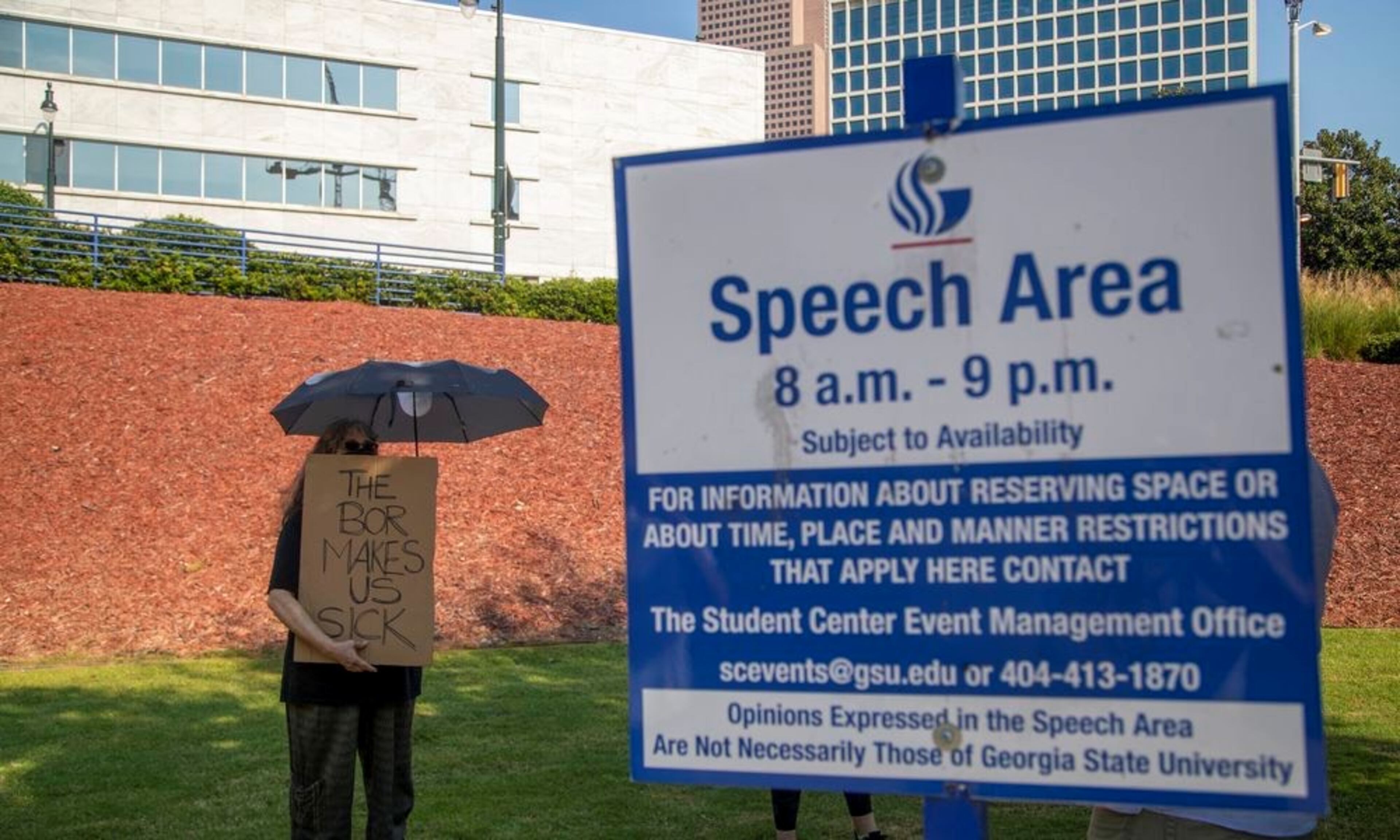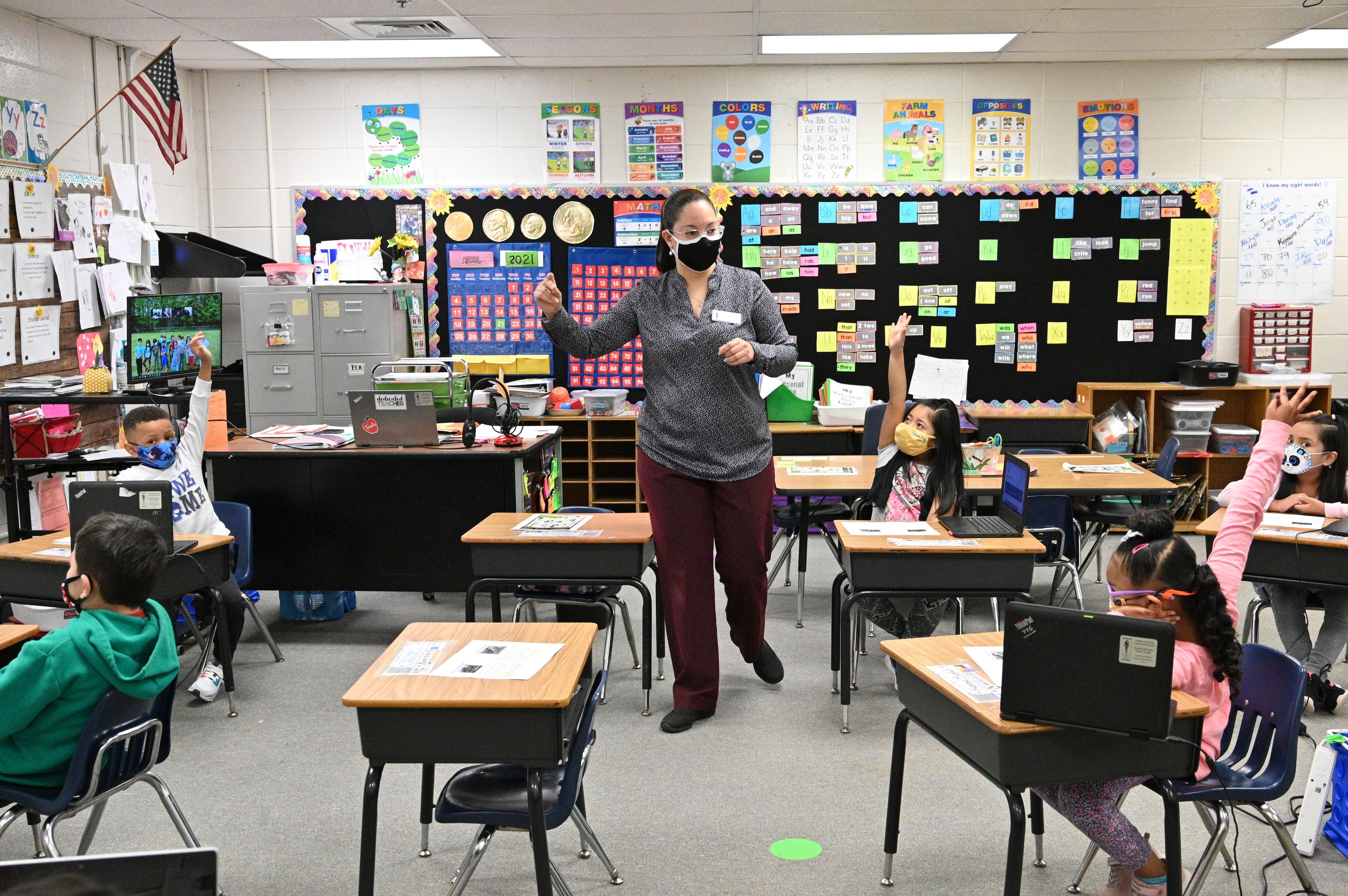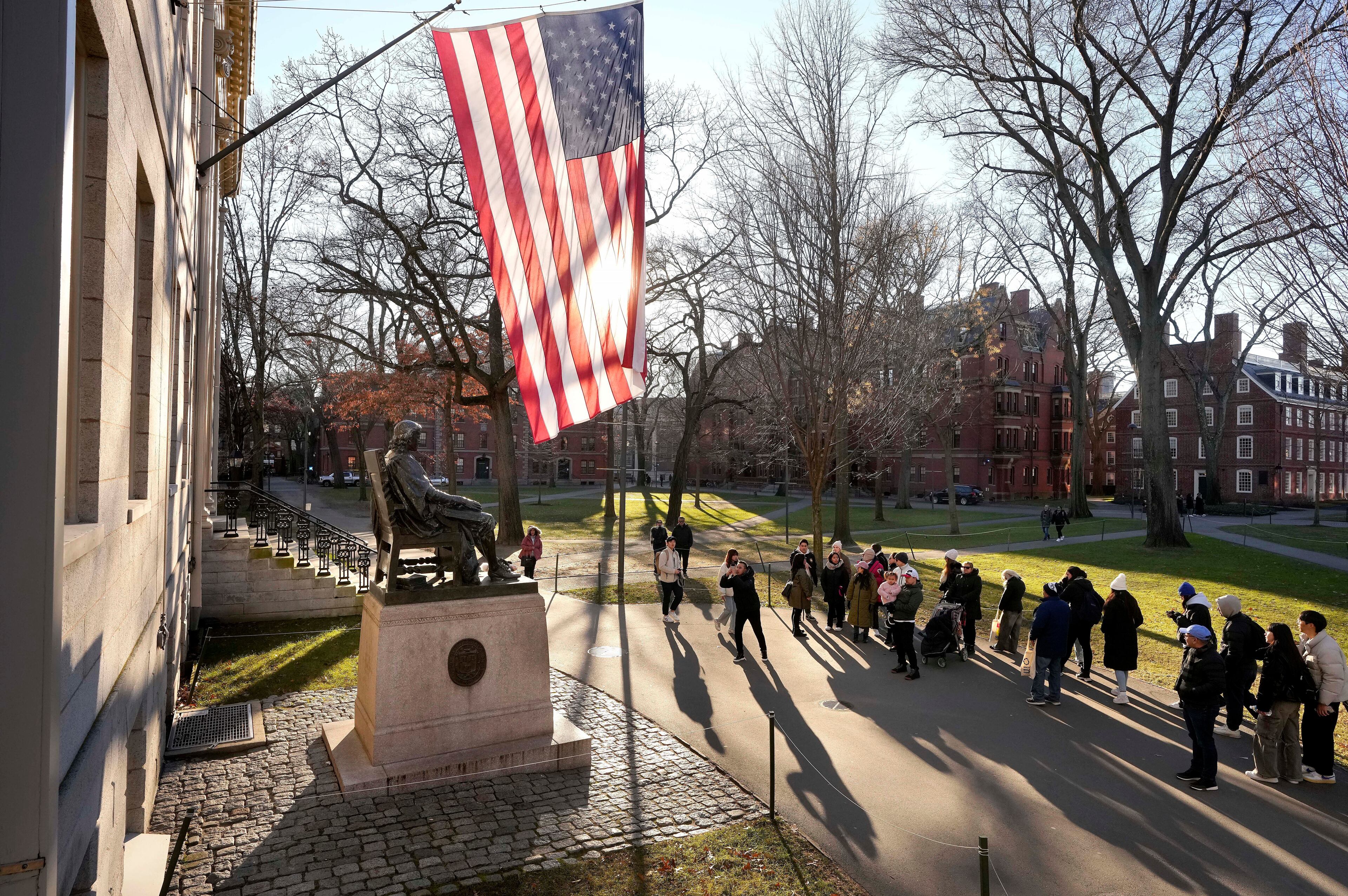Campus speech was under fire before Kirk’s death. Probably worse now.

Well, who’d of thunk it? The North Avenue Trade School, known for sending mechanical engineers into the world, is a relative oasis of free speech, according to a national survey.
And the University of Georgia, the institution that brought us the Grady School of Journalism, one of the finest of its kind? Well, according to the same survey, UGA ranks 114 places below Georgia Tech in fostering free speech.
The group FIRE (Foundation for Individual Rights and Expression), which advocates for and fights to protect free speech, each year releases its College Free Speech Rankings report, sort of like the quasi-subjective college football’s Coaches Poll for open dialogue.
The annual poll is based on surveys with students, reviewing school policies and incidents that have occurred on campus. And they’re tough graders. FIRE failed more than half the 257 schools reviewed.
The authors found a “sobering picture,” an increasingly “chilling climate for campus speech” on American campuses.
“Many report that they self-censor regularly, avoid certain topics entirely and doubt their administrators would defend free expression if controversy struck,” the report says.
The authors added, “the atmosphere isn’t just cautious — it’s hostile. Students continue to show low tolerance for controversial speakers, and, troublingly, more believe it’s acceptable to shout down a speaker, block access to events or even resort to violence to silence campus speech than ever before.”
FIRE’s sixth annual survey, which this year featured opinions from 68,000 U.S. undergrad students from 257 colleges and universities, found that 71% thought it was at least sometimes OK to shout down a speaker to prevent them from speaking on campus.
The report also found that 34% of students said using violence to stop someone from speaking on campus is acceptable, at least in rare cases. In 2022, it was 20%.
The report was released Sept. 9. The next day, Charlie Kirk, the right-wing activist, was murdered as he spoke to a crowd at Utah Valley University.
Granted, most of those answering the survey’s question on violence found themselves in the category that it is “rarely” OK.
“I think no one thought assassination was involved,” FIRE’s Chief Research Advisor Sean Stevens told me. But, he added, radicalization has a “pyramid theory. Those who would commit violence is small but there’s enough who allow it intellectual support. It creates a climate.”
The killing has fostered a backlash against those who have posted negative comments about Kirk online, causing them to lose their jobs or scholarships. It’s the right-wing embrace of cancel culture.
U.S. Attorney General Pam Bondi even noted the government would “target” those who engage in “hate speech,” sounding about as woke as a professor in social justice gender studies at Berkeley. She did later walk it back. Somewhat.
FIRE’s study says this is nothing new. It found that conservative students are increasingly likely to cancel liberal professors and speakers.
For nearly a decade, Kirk’s Turning Point organization has run a Professor Watchlist, the goal of which is to “unmask radical professors.”
Once, it was primarily the realm of liberal students to shout down or undermine speakers they don’t like. Now, conservative students have joined the game, FIRE found.

“The impulse that drives censorship from campus progressives is now joined by the impulse by conservatives against speech they don’t like,” Stevens said. Progressives “have given them the playbook and they’re using it.”
The experience of college is critical to individual — and societal — growth. It’s supposed to be a place for the free flow of ideas, for young minds to absorb arguments and sharpen their critical thinking.
“The academic setting is set up to be civil, as opposed to the local bar,” Stevens said. “But in the past decade, that has metastasized.”
He noted that “things started getting weirder” about 2013.
“Before, it was administrators going after students and faculty,” Stevens said. “Then we saw a shift — students joining in with administrators to go after faculty and other students.”
In essence, they were eating their own.
The study looked at four universities in the state: Georgia Tech (which was ranked 29th of out of 257), Emory (67); Georgia State University (132) and UGA (143).
FIRE dinged UGA for an incident last year when right-wing Congressman Mike Collins was roundly jeered and shouted down while giving a speech at the university. The survey said 74% of Bulldawgs thought it OK to at least sometimes shout a speaker down.
Interestingly, the survey found UGA is politically neutral, with 1.2 liberal students for every conservative. GSU had 5.6 libs for every outnumbered conservative.
UGA dismissed FIRE’s rankings, saying they survey less 1% of students and emphasize “perceptions.” UGA noted that two-thirds of schools get “F”s.
The Dawgs said they were “committed to protecting free expression” and have ranked high nationally for both “Administrative Support” for free speech and “Political Tolerance.”

The study said Georgia Tech has a 3.85/1 liberal/conservative ratio, although Alec Grosswald, a senior in mechanical engineering there, thinks it is more even.
Grosswald is also editor of the school’s newspaper, and the FIRE ranking came up this week as a discussion point at the paper. He said the D+ given to the school by FIRE was “pretty harsh.” (Yes, they were 29th and got a D+.
“It’s more civil here,” he said. “People here are pretty academically driven; they are focused on academic success.”
FIRE said Tech students are low in censoring themselves and rate relatively high in “openness,” which suggests “conversations about controversial topics occur more freely than on most campuses.”
The atmosphere is pretty open for debate, Grosswald said, adding: “People have the right to speak and people have the right to talk over them. It’s a hard middle ground on the issue. The lines are blurred now as to what is acceptable and not acceptable.”
They are blurry and always moving.
Editor’s note: This story has been updated to provide additional context about the survey.



